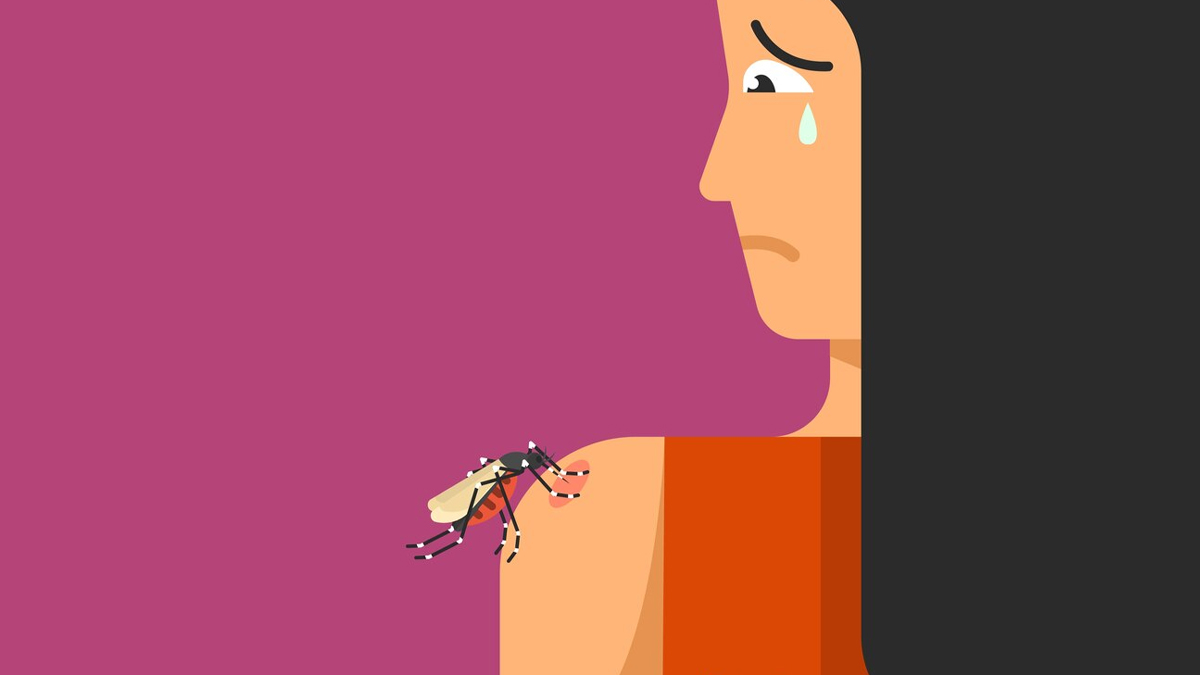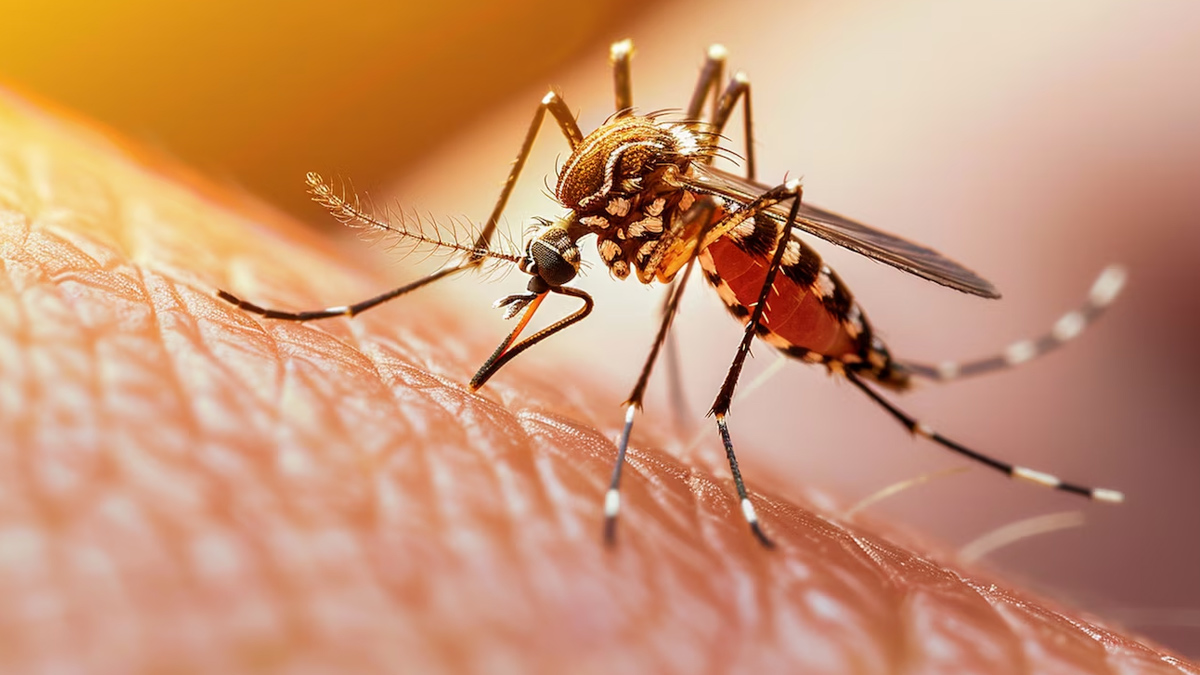-1745576660226.png)
Malaria is often seen as a fever-and-chills illness, but for new mothers, its impact can go far beyond that. It gets worse, especially during the delicate postpartum period. In malaria-endemic regions, breastfeeding mothers face a hidden danger: the disease can silently damage breast tissue, disrupt milk production, and even affect their baby’s growth. What makes this risk worse? Symptoms like fever and breast pain often mimic common breastfeeding issues like mastitis, leading to delayed diagnosis and treatment. This overlap creates a perfect storm for complications, leaving mothers and infants vulnerable. Regarding the same, an expert explains how malaria’s inflammatory effects harm breast health and what mothers can do to protect themselves.
Table of Content:-
The Link Between Malaria and Breast Health![malaria breastfeeding mothers 1 - 2025-04-25T155345.982]()
“Postpartum malaria doesn’t just cause fever as it attacks breast tissue,” says Dr Phani Madhuri, Obstetrician and Gynaecologist, Bangalore Hospitals, Bangalore. Studies show that malaria infection during this period leads to destruction of milk-producing cells and swelling caused by immune cells rushing to fight the infection.
This damage is linked to interferon-gamma (IFN-γ), a protein that triggers inflammation. “Think of it as friendly fire,” explains Dr Madhuri. “The immune system’s fight against malaria parasites accidentally harms breast tissue.”
In humans, this inflammation can:
- Reduce milk supply by damaging the mammary glands.
- Lower milk quality affects a baby’s nutrition.
- Causes poor weight gain in infants, as seen in animal studies.
ALSO READ: How Does Malaria Affect Pregnant Women? Symptoms, Risks, and Treatment Explained
Why Is Diagnosis Tricky?![malaria postpartum 2 - 2025-04-25T155344.867]()
Dr Madhuri highlights a critical challenge: Malaria symptoms like fever, body aches, and breast pain overlap with mastitis. In regions where malaria is common, doctors often mistake it for bacterial breast infections. “This delay in correct diagnosis worsens outcomes,” she warns.
Prevention for Malaria in the Postpartum Period![postpartum malaria 3 (91)]()
To protect breastfeeding mothers, Dr Madhuri stresses these steps:
- Sleep under insecticide-treated nets to block mosquito bites.
- Use safe repellents (like DEET or picaridin) on skin and clothes.
- Take antimalarial pills like chloroquine or mefloquine, which are safe during breastfeeding.
- Avoid primaquine unless the baby is tested for G6PD deficiency, a condition that can cause severe anaemia.
“Prevention isn’t just about avoiding illness—it’s about safeguarding a mother’s ability to nourish her child,” she adds.
Treatment of Malaria in the Postpartum Period![malaria treatment for breastfeeding mothers 2 - 2025-04-24T115527.467]()
“Preventing malaria in postpartum women is crucial for maintaining breast health and ensuring successful breastfeeding,” says Dr Madhuri. If a mother contracts malaria, below are a few treatment options that they can opt for:
- Start antimalarial drugs immediately. Artemisinin-based treatments are safe during breastfeeding.
- Watch for mastitis signs: redness, swelling, or lumps in the breast.
- Stay hydrated to maintain milk supply and flush out toxins.
- “Quick action reduces harm to both mother and baby,” says Dr Madhuri.
ALSO READ: World Malaria Day 2025: Theme, History and Its Significance
Conclusion
Recent research found malaria proteins in the breast milk of mothers without symptoms. While this sounds alarming, scientists think these proteins might help babies develop immunity. “It’s early days, but this could lead to new ways to protect infants,” notes Dr Madhuri. However, postpartum malaria is a silent threat to breastfeeding mothers, but awareness and action can reduce risks. Knowledge is power, especially when it comes to protecting two lives at once.
Also watch this video
How we keep this article up to date:
We work with experts and keep a close eye on the latest in health and wellness. Whenever there is a new research or helpful information, we update our articles with accurate and useful advice.
Current Version


-1745576731901.jpg)
